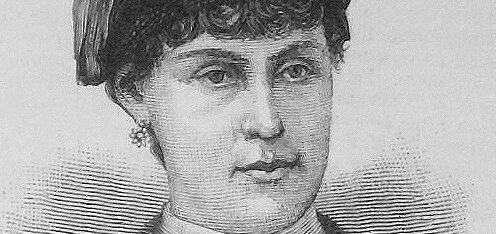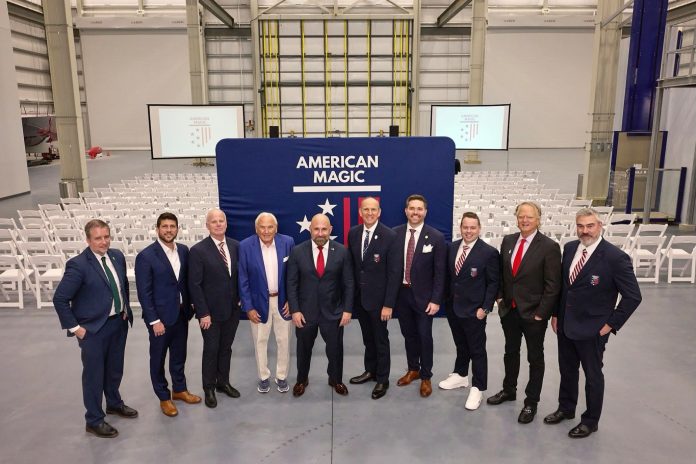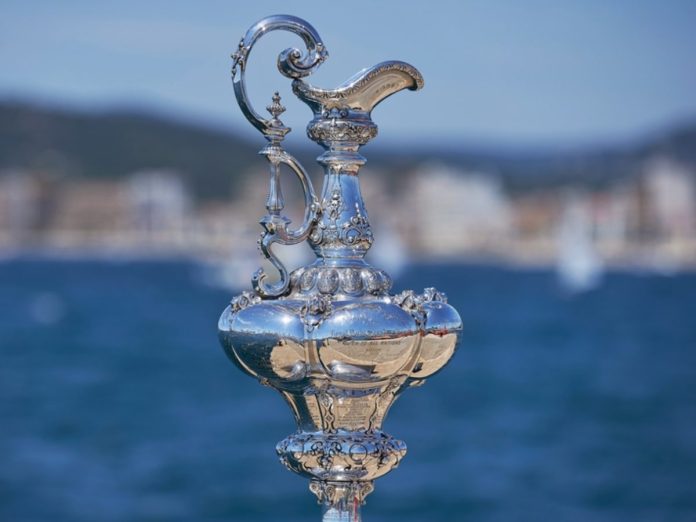The original trailblazer
When Susan Matilda Cunninghame-Graham Henn took the helm of the 102-foot steel cutter Galatea in 1886, there were no diversity policies, no inclusion mandates, and certainly no media campaigns celebrating “firsts.” There was just a formidable Scottish woman, a storm-tossed yacht, and a race that would define her legacy.
As written by the America’s Cup Hall of Fame, with her husband, Lieutenant William Henn RN, too ill to steer, Susan took command during the America’s Cup challenge against Mayflower off New York. Victorian society would have expected her to retreat below decks; instead, she helmed the vessel with composure and courage, earning praise from the American press for her “enthusiasm and skill as a masterful helmswoman.”
She wasn’t campaigning for equality. She was simply doing the job that needed doing — and doing it better than most men of her time.
Fast-forward to 2025
This year, Susan Henn was inducted into the America’s Cup Hall of Fame — the same year that the Cup introduced a rule requiring every AC75 crew to include at least one woman. It’s a historic coincidence with pointed symbolism.
The great recalibration: Inside Team New Zealand’s next America’s Cup campaign
In a sport still wrestling with the difference between representation and tokenism, Henn’s story slices through the noise. She didn’t wait for an invitation or a regulation. She stepped up because she could, and because competence demands no qualifier.
Then and now
Jo Aleh’s selection for Emirates Team New Zealand brings the issue full circle. Aleh has spoken candidly about the awkwardness of quotas — necessary but imperfect tools to change entrenched habits. Henn faced something harder: a culture that didn’t even imagine women at the wheel.
Jo Aleh, and the difference between representation and tokenism
One took the helm out of necessity, the other out of policy. Both clearly more than capable, who have earned their place through skill.
A legacy worth steering by
The next time an AC75 lifts onto its foils in Naples 2027, at least one woman will be on board. In the ideal world, that count would be higher with the structures in place to introduce real equity, not because women are permitted to, but because they belong there. That’s Susan Henn’s real legacy: proof that talent has no gender, only opportunity.



















